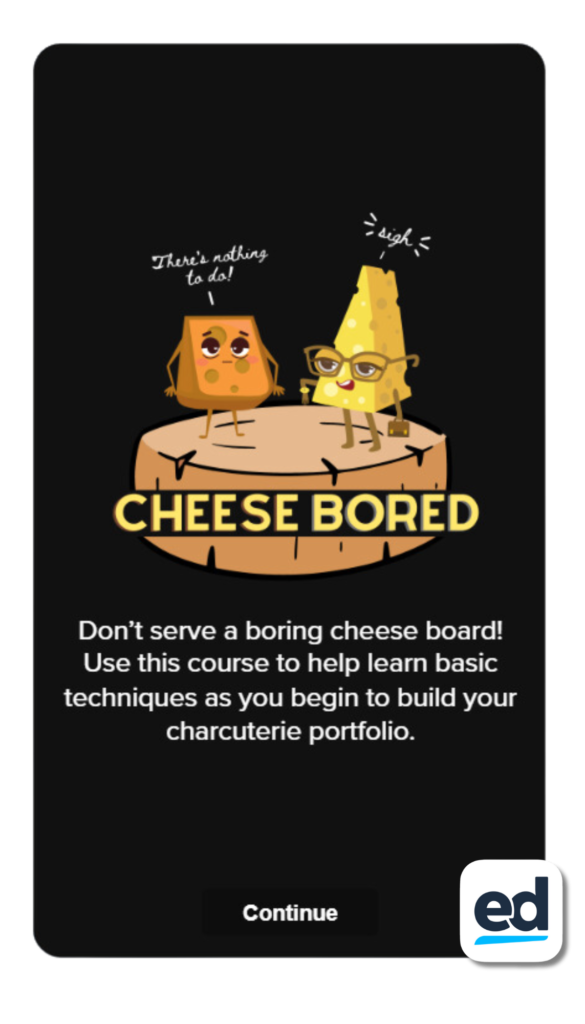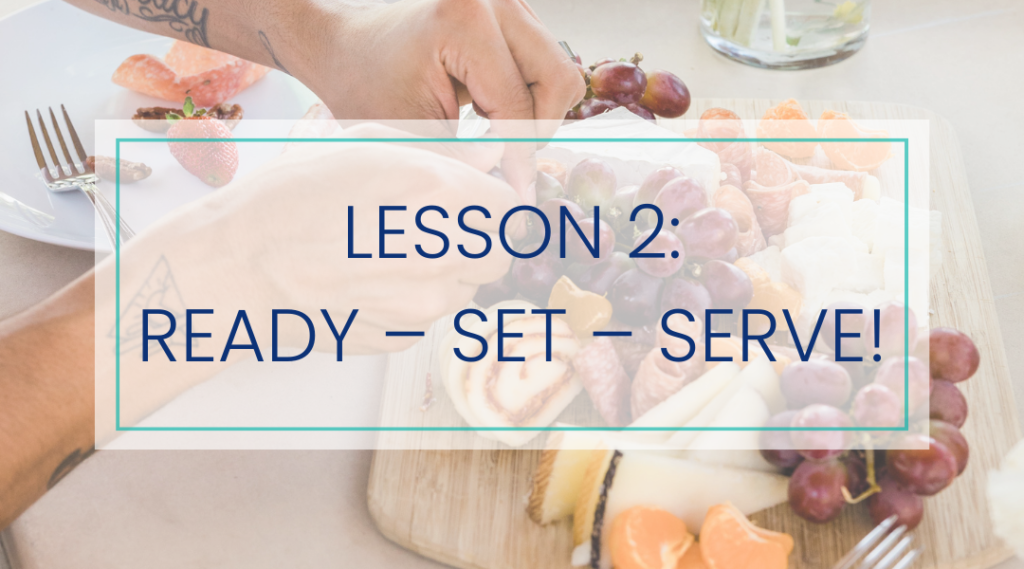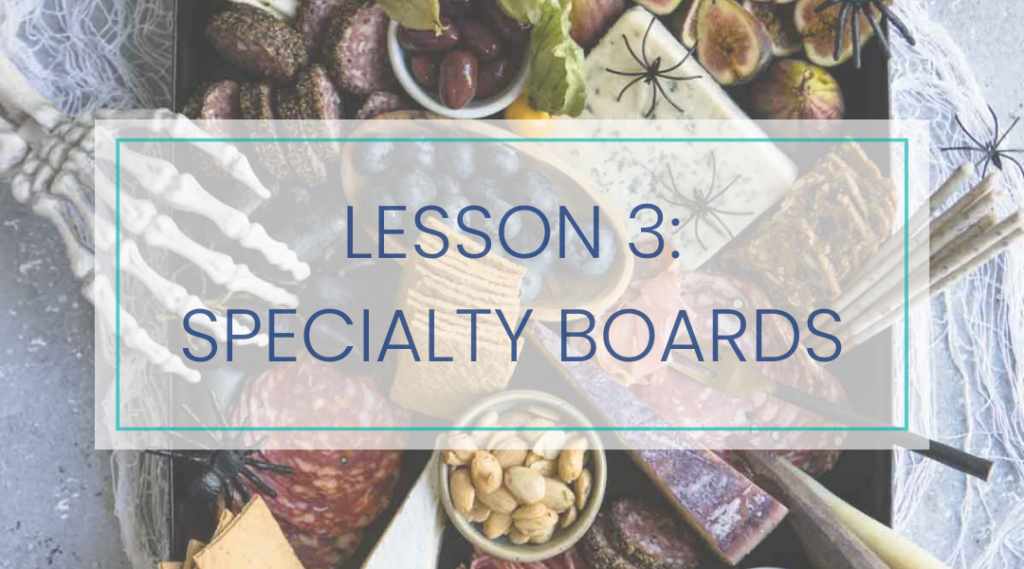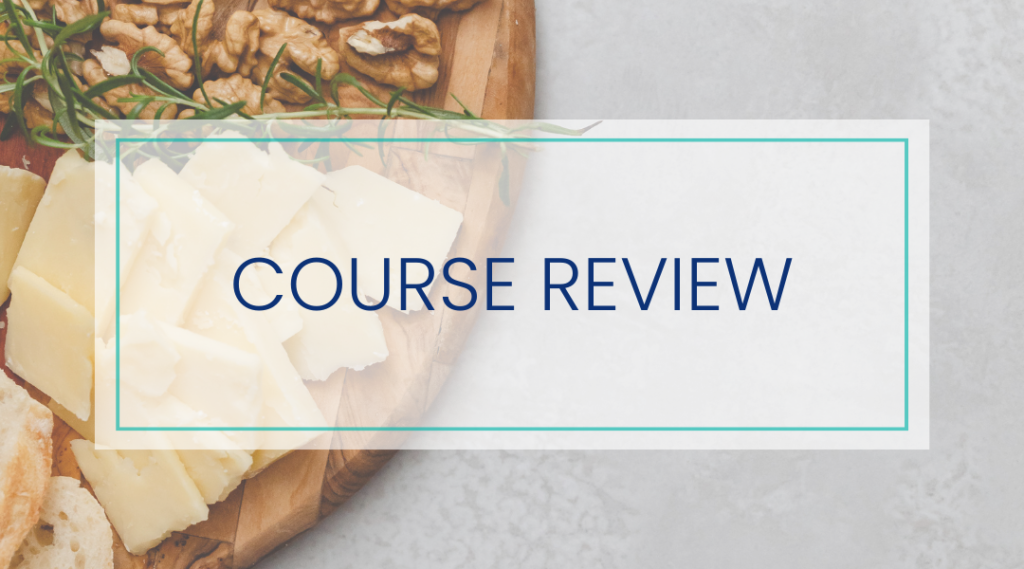Evaluation &
Implementation
In this section, I will showcase artifacts demonstrating my ability to implement effective interventions, evaluate instructional products, and use evaluation data to enhance instructional materials and interventions.

Teaching & Learning Certificate Workshop EVALUATION PLAN
Overview
This evaluation plan serves as a valuable artifact that demonstrates my expertise in evaluating learning outcomes, identifying areas for improvement for real-world training, and content design. Through this plan, I have shown my ability to strategically assess the effectiveness of instructional programs, collect and analyze relevant data, and provide data-driven recommendations for continuous improvement. My aim is to ensure that training initiatives are aligned with organizational goals and produce tangible results. This evaluation plan highlights my skills in evaluating learning outcomes and identifying ways to enhance real-world training, ultimately contributing to the success of the organization.
Course Information
EDIT 7350 – Dr. James Castle
Target Audience: Pharmacy Residency Leadership and Preceptors
Industry: Healthcare, Academia
Responsibilities: Instructional Design, Content Development, Editor
Tools Used: Canva, Google Docs
Project Summary
Pharmacy residents at the Mayo Clinic College of Medicine and Science who wish to become proficient, independent general practitioners, capable of providing broad pharmacotherapy knowledge to a multitude of patient populations, must first complete their postgraduate, year one (PGY-1) Pharmacy Residency at one of the select Mayo Clinic Health System locations.
To ensure the residents – or preceptors – PGY-1 leadership identified the need to further the advancement of residents in the education shield. The result was the development of the Training and Learning Certificate (TLC) program. The TLC program is a multi-layered program and begins with a required, eight-hour workshop at the start of the residency year.
In recent years, the need to evaluate the workshop became clear and my team, “Group 6″ were privileged to get an opportunity to work with PGY-1 leadership to conduct an evaluation of workshop content and information dissemination methods, to ensure that PGY-1 residents are obtaining the necessary information to earn their Certificate, and in a manner that is built for student success.
Our team worked together to create an evaluation plan for the workshop. Working in tandem with my partner, we reviewed the current experiences for teaching and the inner workings of the workshop to develop an evaluation plan for a specific hospital’s PGY1 pharmacy residency’s teaching certificate. We used a logic model to identify inputs, outputs, activities, and short- and long-term outcomes, which helped us choose our evaluation tools. Strategies proposed included using existing standards and the required evaluations by the accrediting body and new surveys of the residents, preceptors, and the audience of resident teaching experiences.
For this project, I was an evaluator, content developer, and editor. Due to her relationship with the Mayo Clinic and the subject matter, my partner served as the SME and co-instructional designer.
Charcuterie: back to basics MicroLearning
Overview
This project is presented as an artifact that showcases my ability to evaluate instructional interventions and successfully implement, disseminate, and diffuse instructional materials. Developed using the innovative EdApp mobile learning app, this training program is designed to equip hosts and hostesses with the essential knowledge and skills needed to excel in the art of charcuterie.
Course Information
EDIT 7170 – Dr. Jill Stefaniak
Target Audience: Current or prospective party hosts or hostesses, age 25-54
Industry: Party Planning, Culinary Arts, Home Cooks
Responsibilities: Instructional Design, Content Development, Editor
Tools Used: EdApp, Canva, Photoshop
Project Summary
The primary objective of this learning experience was to provide learners with a solid foundation in charcuterie, empowering them to create unique and customized charcuterie boards that perfectly suit their party menus and themes. Through this project, I showcased my expertise in instructional design, evaluation, and effective implementation, while emphasizing the importance of creative freedom in designing visually captivating charcuterie boards tailored to specific events.
Throughout the IDD program, I chose work-related topics for assignments to enhance my day-to-day life. However, for this particular project, the instructor encouraged us to select a fun, non-work-related topic, and with the holidays approaching, I decided to focus on charcuterie as a convenient and creative way to feed a crowd.
To ensure the learning experience was concise and within the microlearning format of under 15 minutes, I developed a High Level Design Document (HLDD) to identify the target audience and determine the necessary information and learning evaluation methods. The module commenced with an overview of the “Charcuterie: Back to Basics” course and learner expectations through onscreen text and audio. To provide a deeper understanding of the origins of charcuterie, I conducted extensive research and created an interactive infographic illustrating the historical context and terminology associated with charcuterie boards.
The subsequent section of the module focused on preparation, narrowing down the vast selection of tools to the top three recommended by charcuterie experts. Additionally, I incorporated a video-based serving size cheat sheet to assist learners in estimating the appropriate time and food quantities for their charcuterie boards. With the acquired knowledge of tools and portion sizes, learners were empowered to confidently assemble charcuterie boards for their specific events.
Concluding the microlearning experience, I offered a comprehensive review of the charcuterie board creation process for various occasions. To evaluate the learning outcomes, I designed an end-of-course assessment featuring multiple-choice, fill-in-the-blank, and matching questions. This project encompassed the entire instructional design process, as I undertook all tasks from start to finish, ensuring a seamless cradle-to-grave project management approach.


Due to the constraints of the EdApp platform, reviewers will need to view each lesson of the course individually.






